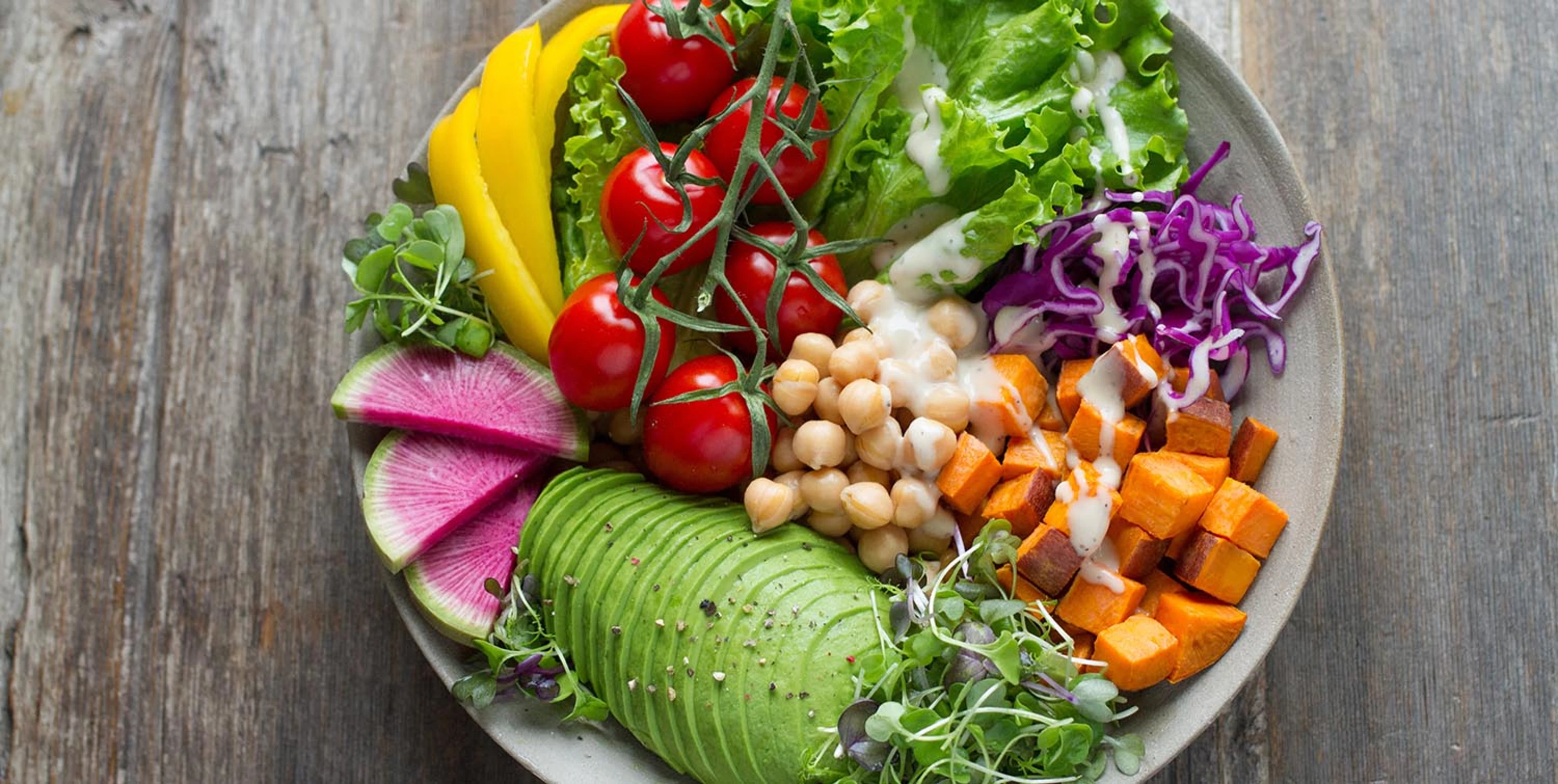What is sustainable living?
A sustainable lifestyle is one that aims to impact the environment as little as possible. This includes using less of the earth's natural resources, as well as reducing the amount of carbon you emit in the course of the activities in your daily life.
Living a sustainable lifestyle includes choices as simple as ensuring you only have LED lights in your home, cycling instead of driving or choosing to buy sustainable products, like refillable cosmetics. Small, everyday actions add up to have a big cumulative impact on our planet.
Here are our 7 top tips for living sustainably:
1. Sustainable travel
Sustainable travel minimises the negative impacts on the environment and local people. It is also known as “eco-tourism” or “responsible travel.” It aims to protect a destination from excessive tourism pressure through respecting local customs, buying locally made products and taking advantage of public transport wherever possible. You can make your holidays more sustainable by: 1. Visiting less popular destinations - instead of seeing how many countries you can cram into a week, take your time and explore each one properly. 2. Considering low-carbon transport options, such as train or coach journeys instead of flying. There has also been a rise in active holidays like cycling or hiking holidays which help to remove the reliance on carbon-emitting vehicles.
3. Be energy-efficient in your hotel room - switch off lights when not in use and reuse your towels when possible.
2. Climatarian diet
The climatarian diet is a growing trend among people who are changing their eating habits to help the environment. It primarily consists of nuts, pulses, and vegetables. However, it is slightly different to a plant-based diet in the fact that you could still eat meat and dairy, but significantly reduce your consumption. After all, if everyone ate one vegan meal a week, UK emissions could drop by 8%.
A climatarian diet is also one that does not consume palm oil. You can check the ingredients on the back of foods to see if palm oil is listed and there are also websites such as Ethical Consumer that list palm oil free foods. The less palm oil we consume, the less trees will be cut down for food production, which can help tackle deforestation and save important animal habitats.
Read our guide to a low carbon diet to discover even more ways to make your eating habits eco-friendly.
3. Adapt your house to be more eco-friendly
There are plenty of changes to our living conditions we can adopt to help the environment. From small changes like using the eco settings on household appliances, to installing more sustainable generators of energy and heat in the home. These include:
1. Washing machines - Use the eco settings on your washing machine and dishwasher. Use an outdoor clothesline or indoor clothes rack rather than the dryer whenever possible.
2. Insulation - Insulating your hot water cylinder prevents heat loss, which will help keep your power bills down. You can also install pipe insulation around hot water pipes to prevent heat loss between the cylinder and tap. Insulating ceilings, walls and floors will help keep you warm in winter, cool in summer and save you money on heating costs.
3. Lighting -Energy efficient LED bulbs use much less power than ordinary bulbs to produce the same amount of light - saving you money on power bills while helping the environment.
4. Solar panels are eco-friendly because they convert sunlight into electricity with no noise pollution or harmful greenhouse gas emissions. They reduce your carbon footprint and don't use up natural resources like fossil fuels.
5. Heat pumps are among the most environmentally friendly heating systems because they don't burn fossil fuels. Depending on your location, they can extract heat from the air through an air-source heat pump, or from the ground via a ground-source heat pump to keep you warm.
4. Sustainable fashion
Sustainable fashion refers to any fashion products that are manufactured and produced in an environmentally responsible way, while also considering the working conditions of workers in the garment industry. In a world where fast fashion is the norm, it might seem hard to make sustainable choices, but even small changes can help…
1. Practice ‘slow fashion’ - re-wear the clothes you already own, instead of constantly buying new trends. Look online for hacks on how to creatively repurpose ‘boring’ old clothes into quirky and fashionable items.
2. Thrift, don't buy new - Charity shops and vintage stores are full of hidden treasures. Purchasing pre-owned clothes that are in great condition, reduces the need for new clothes to be made.
3. Clothes swap - Sharing clothes with siblings seems to be a normal part of life, but why not apply this logic to wider society? If you grow out of your clothes, don't throw them away, but instead swap them with friends, wider family or even strangers, as they still have some life left in them.
4. Shop sustainable materials - If you do need to buy new then purchase clothes made out of sustainable materials. There are t-shirts made from recycled plastic, or jeans made using less water, as well as bamboo, hemp and linen also having a place in sustainable fashion.
5. The 3 R’s: Reduce, Reuse, Recycle
The term "Reduce, Reuse, Recycle" is a common phrase that has come to be known as the three R's. They are basic actions we can take to help save the environment with our waste disposal:
1. Reduce - the amount of waste you produce by buying less packaging and not wasting too much when you cook or eat.
2. Reuse - items rather than throwing them away, like reusing an old shopping bag or bottle.
3. Recycle - take the things you have finished with to dedicated collection facilities or organisations who specialise in making them into new products.
Living by the mantra of the ‘three R’s, is one of the most effective ways of protecting the environment.
6. Sustainable beauty products
With millions of tonnes of waste generated by the cosmetic industry each year, and plastic polluting our oceans and landfills at a rate of 12 million tonnes per annum, sustainability has become the latest buzzword in the beauty world.
In response, the beauty industry is making strides in making their products more sustainable. Brands are making a conscious effort to reduce their carbon footprint, by using recycled materials, biodegradable packaging and natural ingredients.
Some of the most common items available are shampoo bars, plastic-free deodorant and zero waste toothpaste, such as Georganics toothpaste tablets. Makeup is also becoming increasingly more eco-friendly, with brands like Axiology offering refillable cosmetics that don't contain harmful chemicals or synthetic ingredients, whilst also being cruelty free.
7. Support local businesses
Supporting your local economy can be an important aspect of helping the environment. Shorter supply chains means less transportation pollution and fewer resources used in production and distribution. Your local farmers’ market is likely to offer homegrown produce, compared to a chain supermarket which may often import from overseas.
When you purchase from a local business, you're also helping to support the people who live in your community. This can help keep family businesses profitable, as well as creating job opportunities for your neighbours. It can also increase tax revenue which can be used by the government to pay its employees, support the community and build infrastructure such as roads, schools and hospitals.











